ESA on Fast Track to Extinction
Press Release Date: October 2, 2009
Location: Washington, DC
Contact:
Anna Baxter | email: abaxter@oceana.org
Anna Baxter
A developer-friendly bill that gives oil companies and other special interests an unchecked say on whether manatees, whales, sea turtles and other protected species thrive or disappear has made it in record time from its introduction to the House floor, where the first comprehensive gutting of the 32-year-old Endangered Species Act, the nation’s landmark environmental law, could happen as early as tomorrow.
U.S. Rep. Richard Pombo, R-Calif., a champion of big developers and commercial interests, is the author of HR 3824, which removes from the ESA key wildlife protections: it repeals critical habitat; makes politics, not science, the basis for decision-making; and makes conserving habitat a voluntary, not mandatory, requirement.
“The Pombo bill erases wildlife’s last line of defense. It declares open hunting season on America’s wild animals and plants,” said Oceana’s chief scientist, Dr. Michael Hirshfield. “The more you read it, the more astounding it is: this bill puts commercial interests in the driver’s seat, in charge of drafting recovery plans for endangered species. It’s an abomination.”
Rep. Pombo on Sept. 19 introduced HR 3824 to the panel he chairs, the House Resources Committee. Four days later, the committee had approved the bill and it’s now headed to the House floor for a vote.
“Thirty-two years ago, it took seven months for the ESA to make it from introduction to a House floor vote. It’s taken this Pombo bill scarcely 10 days. You have to wonder: What’s the rush?” said Oceana’s ocean wildlife advocate, Beth Lowell. “HR 3824 is a major rewrite of the Endangered Species Act, and it would push species closer and closer to extinction, not recovery.
Oceana outlined the main problems with HR 3824, as it heads to the House:
Politicizes the use of science in decision-making. Currently, the ESA requires that decisions be made using the best scientific and commercial data available. This ensures that species get the protection they deserve using up-to-the-minute information. Instead, the Pombo bill has the Secretary of the Interior define what science can be used in decision making. The Pombo bill also turns its back on the use of modeling, a critical tool in conservation biology. By having a political appointee decide which data can be used, the bill injects politics into biological science. Leave the science to the scientists!
Repeals the protection of critical habitat. The No. 1 threat to endangered and threatened species is loss of habitat, yet the Pombo bill removes the one provision that requires the federal government to protect areas needed for the recovery of species. The Pombo bill does not amend or change this provision — it just flat-out repeals it. The leatherback, hawksbill and green sea turtles all have critical habitat designated, as does the critically endangered right whale.
Abandons commitment to recovery. The Pombo bill moves the responsibility of conserving habitat to the recovery process, but expressly states that recovery plans are non-regulatory. Replacing a mandatory requirement with a voluntary requirement does not promote the recovery of endangered and threatened species. In addition, the bill proposes that recovery plans be created by recovery teams comprised mostly of industry representatives, who have an economic interest in reducing protections for species. In order to recover species, we need a strong commitment to protecting habitat.
Eliminates the needed for “look before you leap.” HR 3824 allows the Secretary of the Interior to identify agency actions or categories of agency actions that can be subject to alternative consultation procedures. These alternative consultations are troublesome as they are not defined or even outlined. Consultation provides the “look before you leap” review before federal agencies can proceed with projects that may harm endangered and threatened species. Consultation allows wildlife experts to decide whether a project will harm threatened or endangered species. It helps determine appropriate monitoring and mitigation practices so that harm is minimized.
Weakens protection against jeopardy. A crucial “safety net” protection of the Endangered Species Act is the requirement that federal agencies ensure that their actions do not jeopardize the continued existence of threatened and endangered species. Pombo’s bill would weaken this provision by changing the definition to cover only actions that would impede conservation “in the long term.” In addition, it would have the federal government ignore the cumulative effects of other impacts on the species when making a decision on a proposed federal action.
OK guaranteed in 180 days. The Pombo bill says that if a private property owner proposes an action, the Secretary of the Interior has 180 days to respond. In addition, the Secretary may request an extension from the landowner for an additional 180 days. If there is no response from the Secretary, then the project is automatically allowed to proceed regardless of its impact on endangered species. In addition, if the project is denied due to its impact on species, the Secretary must compensate the landowner for the foregone use.
Pays developers to follow the law. Pays developers, businesses and landowners to follow the law. Taxpayers would have to pay for “profits lost” due to mitigations asked of the landowner to protect species, such as riparian corridors or setting aside mitigation habitat. By requiring agencies to compensate landowners for the costs of complying with federal endangered species protections, this provision would quickly drain funding now used to help restore wildlife and the place they live.



